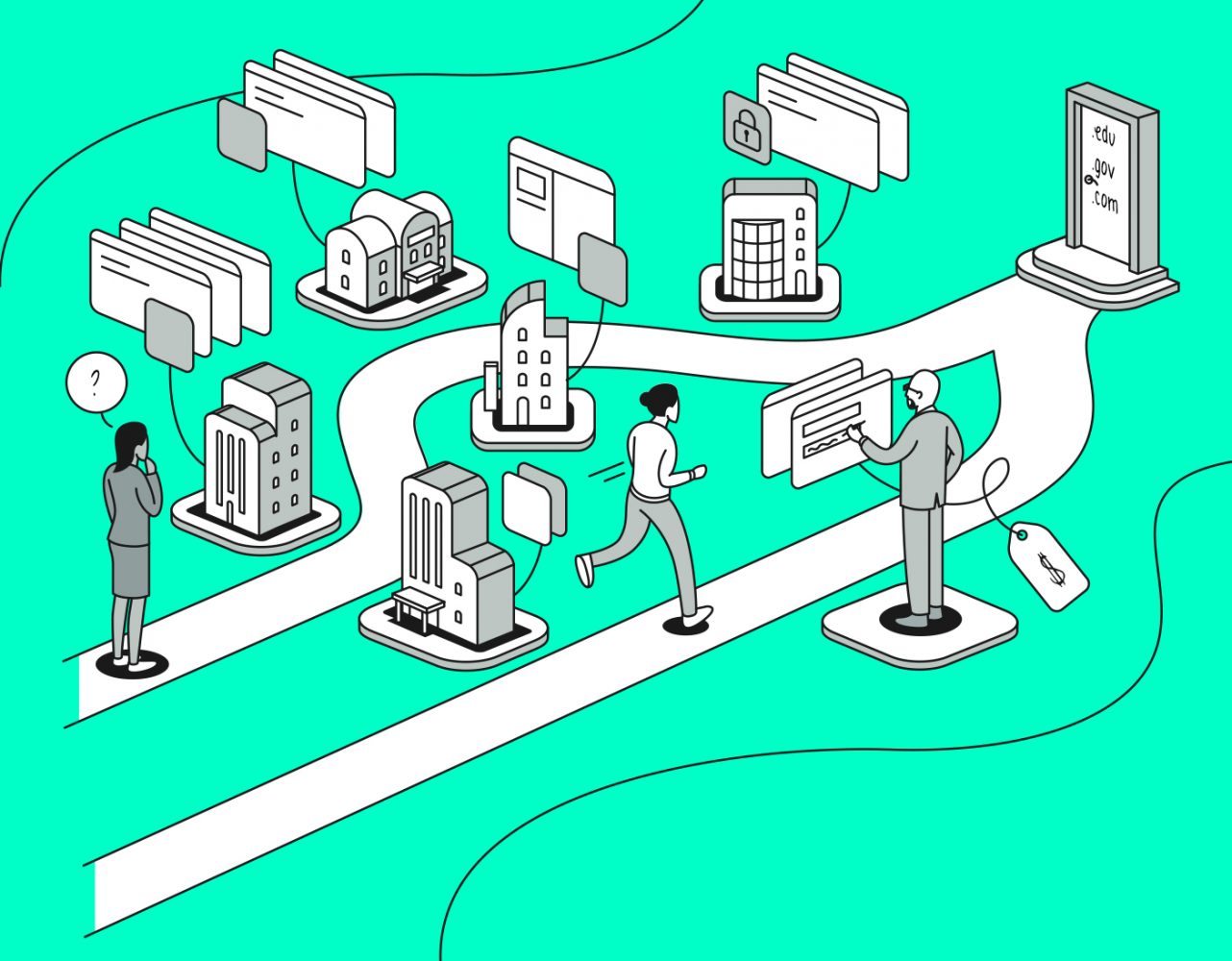Automation & design affect the way we experience digital services and products varies greatly. Many factors affect our experience. Chief among them, inherent biases get built into how tools are designed and engineered. Designers and engineers are looking to AI and machine learning to create digital experiences. How will automation solve the current social and ethical issues affecting our digital world?
Howard Pyle, Founder of ExperienceFutures.org, and Integral Founder and CEO, Ethan McCarty sat down to delve into the social, economic, and political rifts caused by the digital divide. They discussed AI and machine learning and the need to implement ethical considerations into the design process.
Essentially, designers need to be mindful of all kinds of human users (and their privilege or lack thereof) as society heads toward a future run by AI.
Watch Howard and Ethan’s full conversation, hosted by Columbia University’s School of Professional Studies or catch the main takeaways below.
Digital privilege equals real world privilege
Even after the pandemic, we will still rely on online tools and services to navigate every aspect of our lives. These tools consist of apps, sites, and content that shape our digital lives. If we cannot access or utilize these tools, then we are considered disadvantaged in life. (6.44)
Every organization in the world is a digital publisher. From our interactions with the government all the way to financial institutions, we cannot exist outside their digital spheres. Many services are more convenient online rather than in-person. Organizations and individuals have the autonomy to publish and organize new apps, websites, and content for their benefit. It is powerful and empowering to nurture our own personalized digital ecosystem, but not all have the benefit of equal access. (8:06)
Personalized digital ecosystem
The shortcoming of personalized digital ecosystems is that we are incredibly overwhelming when it comes to integrating our numerous digital tools. Currently, organizations do not have the incentives to integrate their digital tools and services across other organizations. (12:10)
We, as users, are responsible for bringing together enormous amounts of data across multiple apps and make sense of it all. The problem with this on a societal level is that we don’t all have the ability, know-how, or access to navigate these complex systems. Some of the obstacles that users encounter include the inability to afford premium services, the inability to understand technical terminology, or even the complexity of the user interface. (14:02)
Automation & design affects digital equity
The solution to the digital divide is creating personalized experiences. However, there aren’t enough experts to create apps, screens, and content customized for us all. This is why we look to automation to create experience apps. But, this too, comes with ethical challenges; because the digital experience is built on data, cultural and algorithmic biases. (16:43)
The digital divide today is based on creating a one-size-fits-all approach to content and tools. AI and machine learning come in to eliminate this experience bias. Personalized solutions combined with ethical protocols will overcome these biases. (20:10)
The good news? ExperienceFutures.org people make digital experiences ensuring all individuals can have fair and equitable access to online resources. We have a unique opportunity to support Howard’s work and nurture a future where ethical automation design is the norm. (29:45)
Learn more about how ExperienceFutures.org is closing the digital divide and how you can help level the digital playing field.
